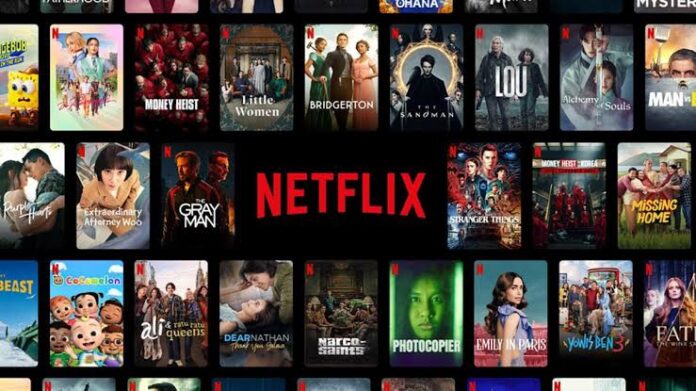By Ezechie Awele Emmanuel
The advent of Netflix has done nothing but revolutionized the way we consume movies globally, and its influence on Nollywood and African cinema has been profound.
Since its foray into the African market, Netflix has not only expanded the reach of local films but has also played a major role in elevating the production of quality African movies, ushering in a new era of cinematic excellence and creative possibilities for the continent’s filmmakers.
Nollywood, Nigeria’s film industry, has always done well locally, but breaking into the global market was a challenge. That started to change when Netflix came into the picture. One big example is Lionheart, a Nollywood film directed by Genevieve Nnaji, which became the first Nigerian film to stream on Netflix. Thanks to Netflix, the film reached viewers from all over the world. Now, African movies are being watched by people far beyond Africa’s borders.
Netflix’s investment in Nollywood has been a big boost. They aren’t just giving these films a platform, they are also helping filmmakers improve the quality of their movies.
With more money, better equipment, and access to industry experts, Nollywood films are looking better and telling stories in a way that can compete with international films. This has allowed African filmmakers to share their rich culture and unique stories with the world.
Still, there are some worries. Some people feel that because Netflix is focused on a global audience, Nollywood might start making movies that appeal more to international viewers than to local audiences. There’s a concern that the stories might lose the authenticity that makes Nollywood special.
Despite these concerns, Netflix has definitely opened new doors. African stories that were once only watched on the continent are now being seen and appreciated all over the world. This has helped promote African culture and stories on a bigger stage.
Netflix’s influence on Nollywood is undeniable. While some wonder if this change will take away from Nollywood’s unique storytelling style, it’s clear that African films are getting the attention they deserve globally, and that’s a big win for the continent’s film industry.








